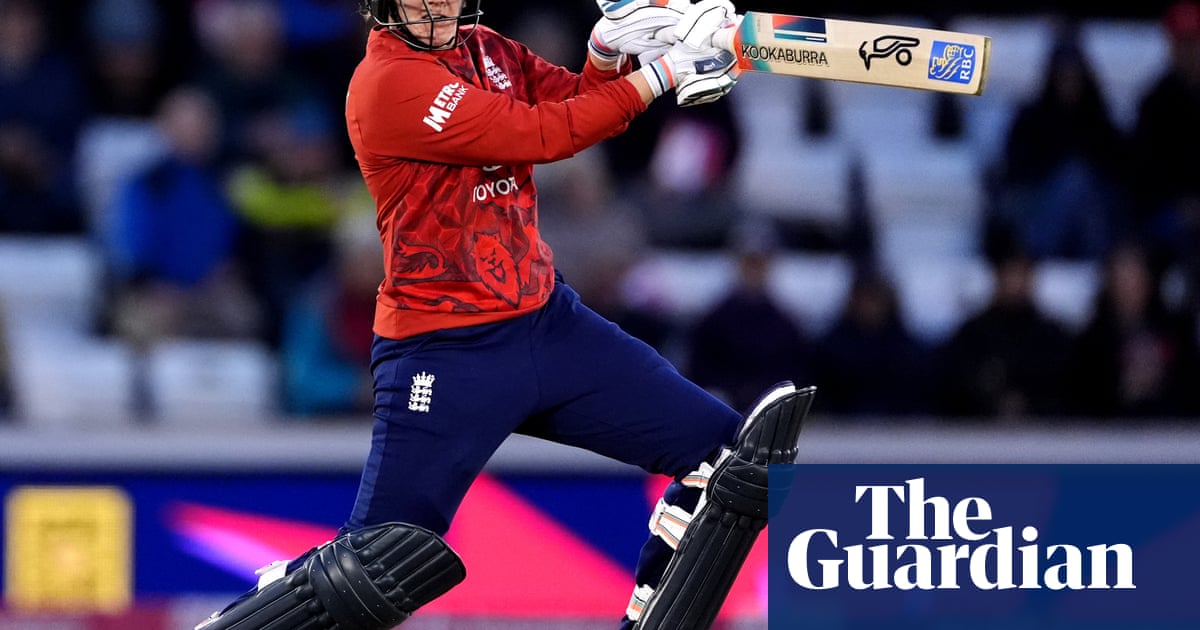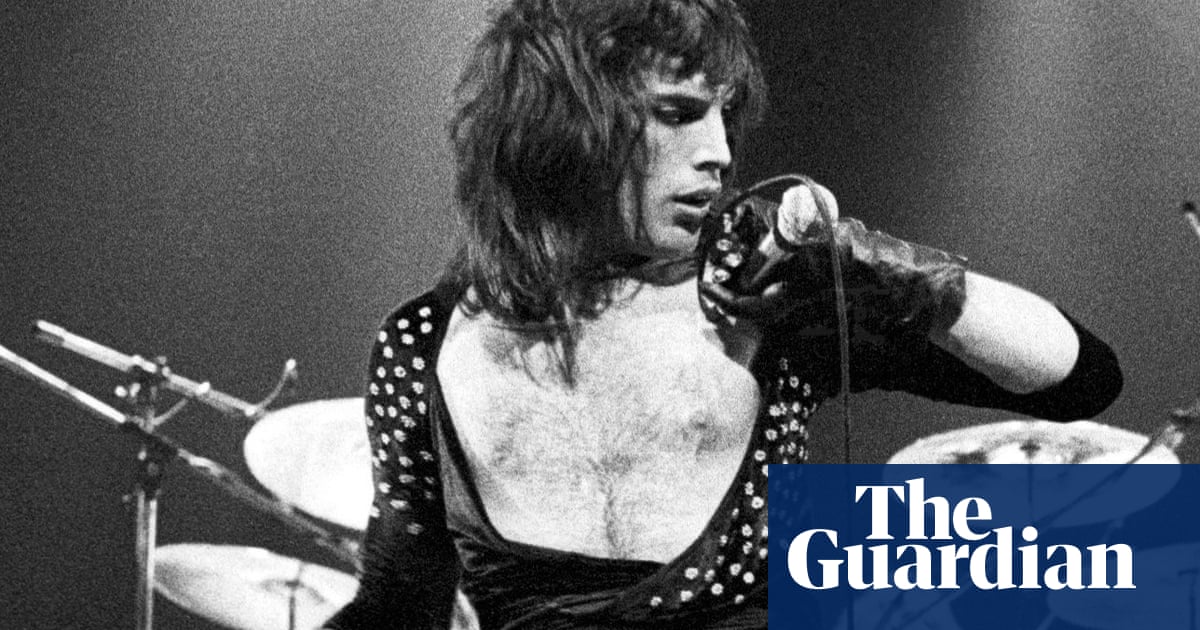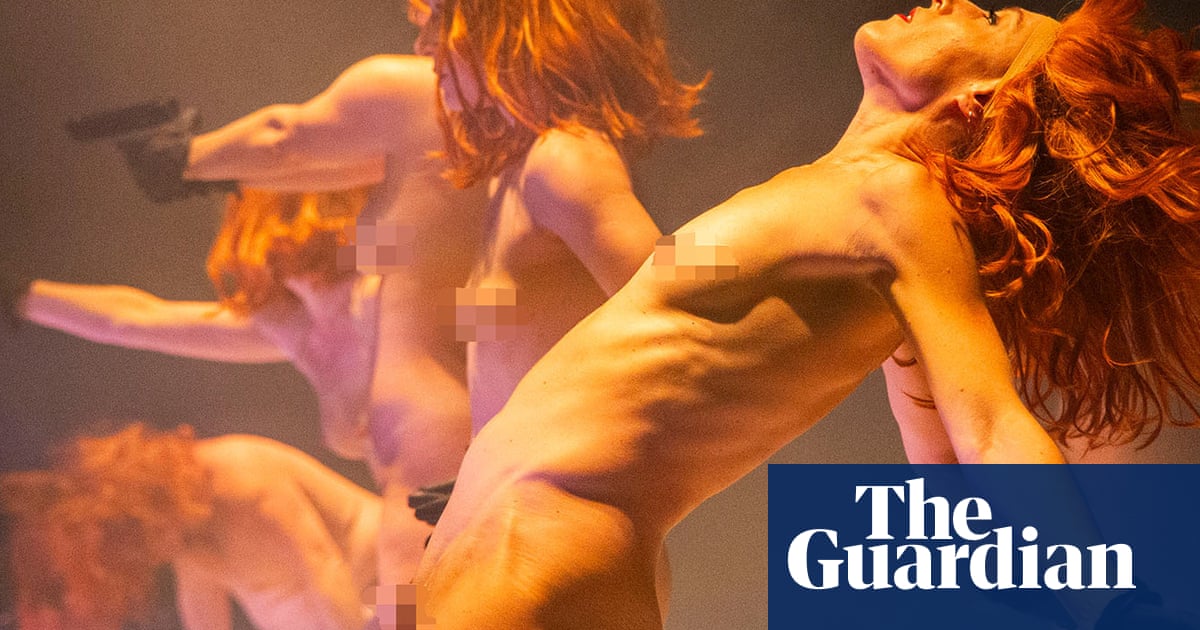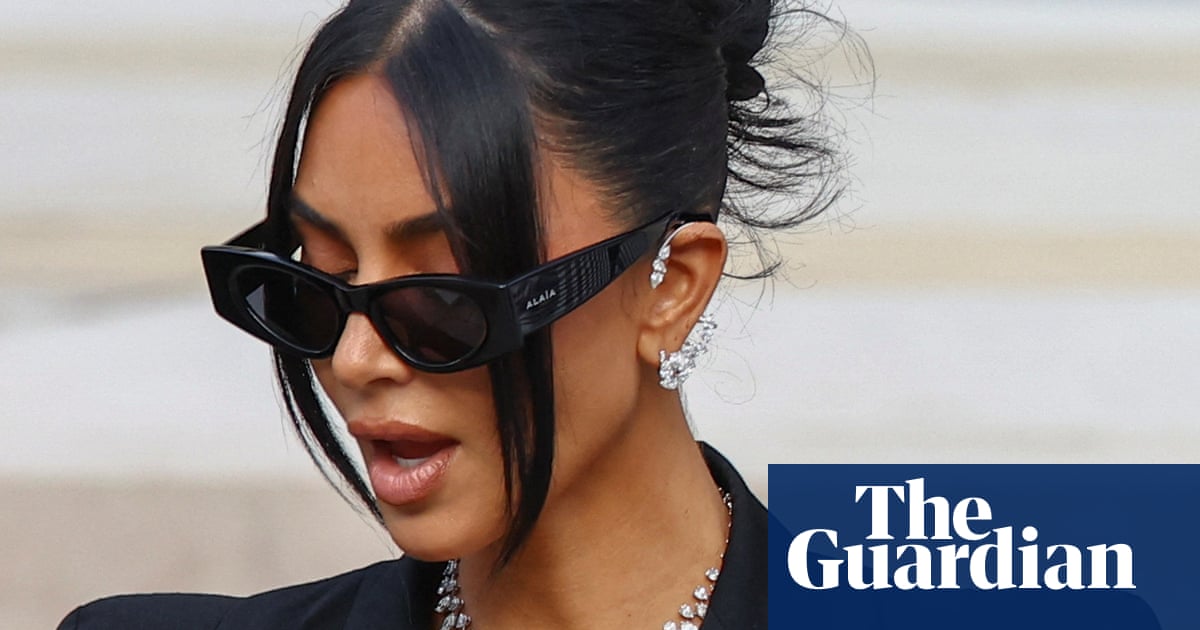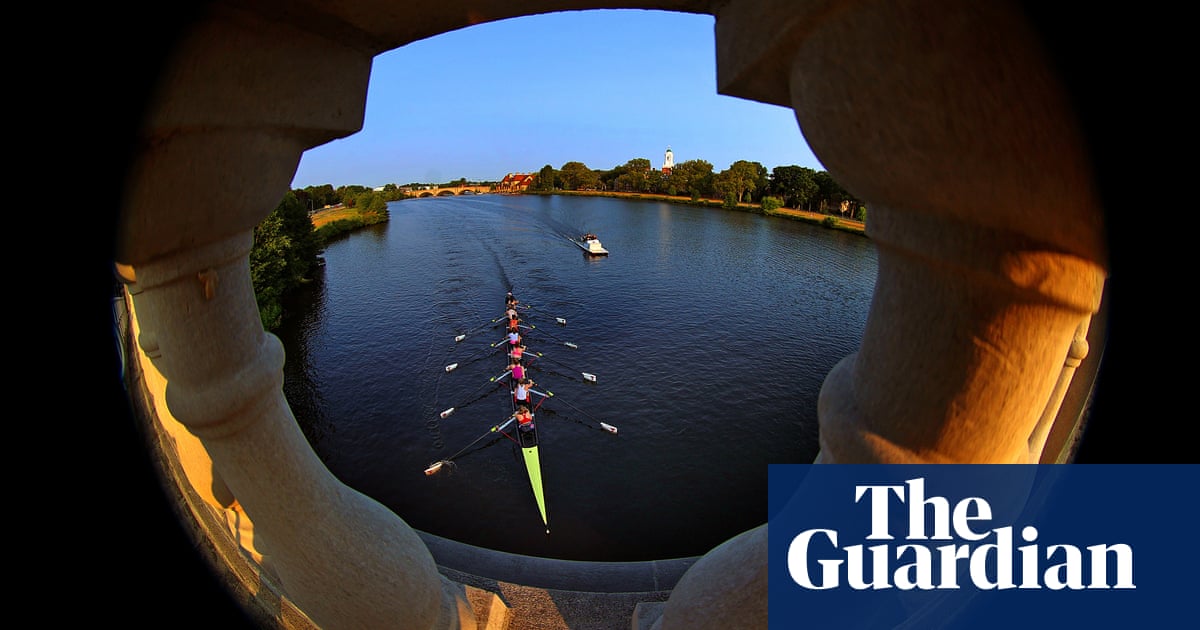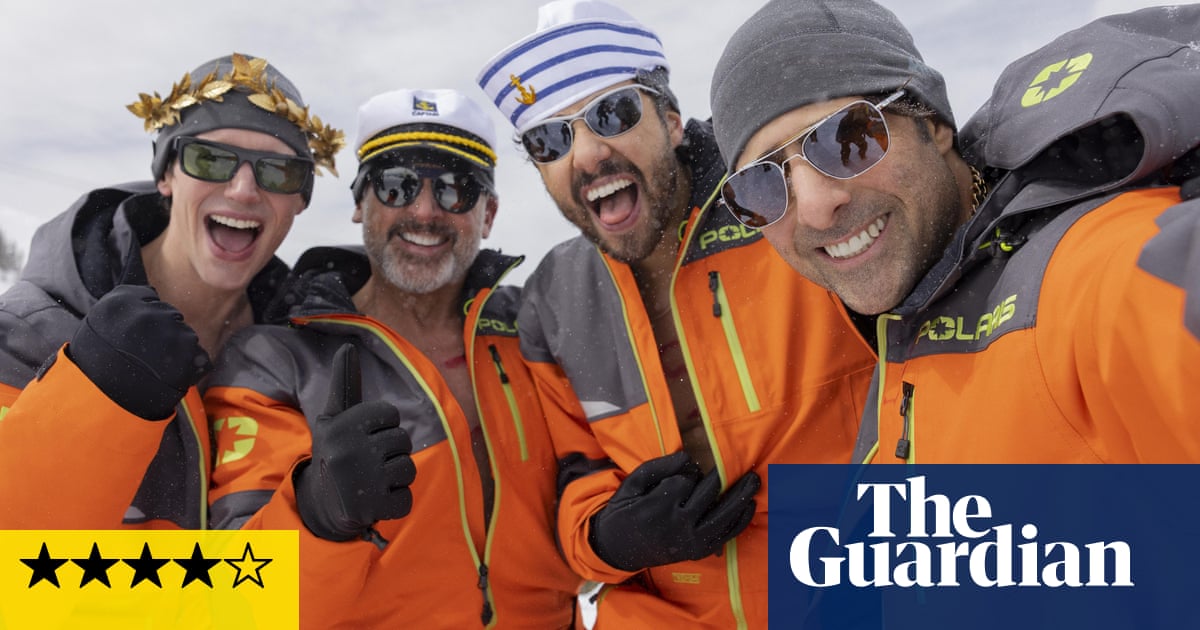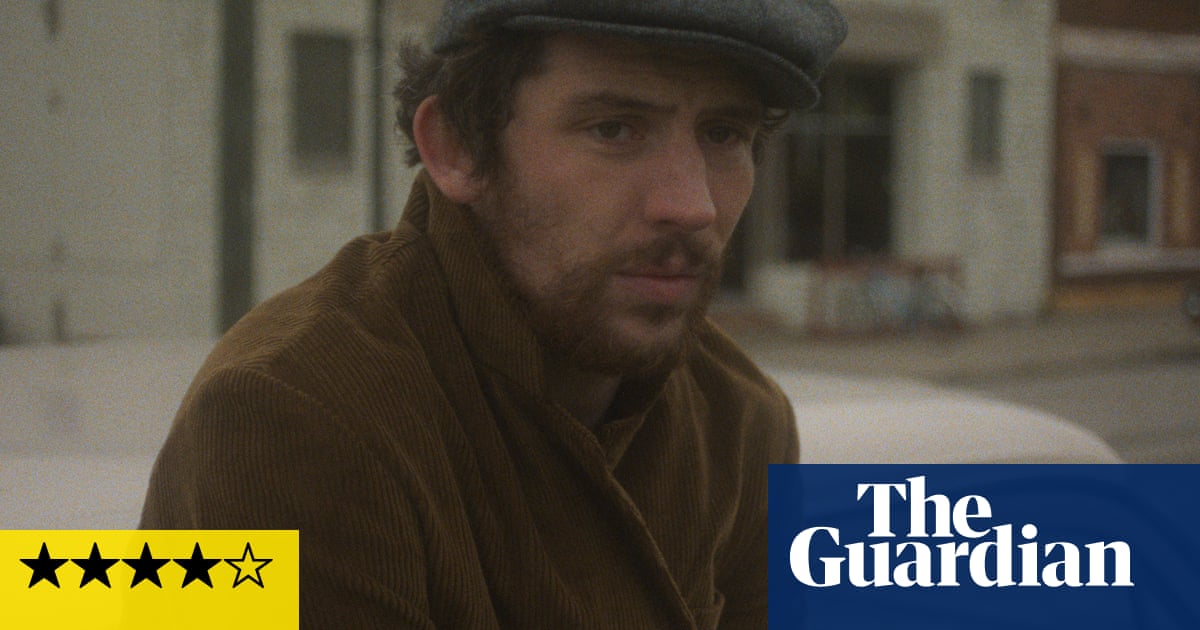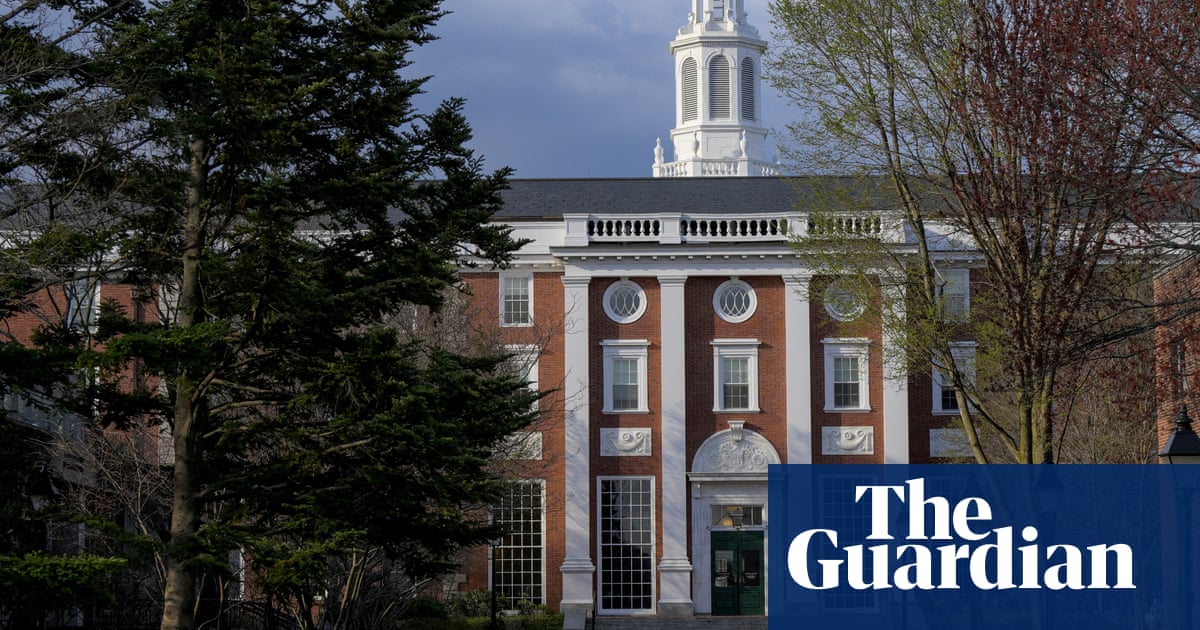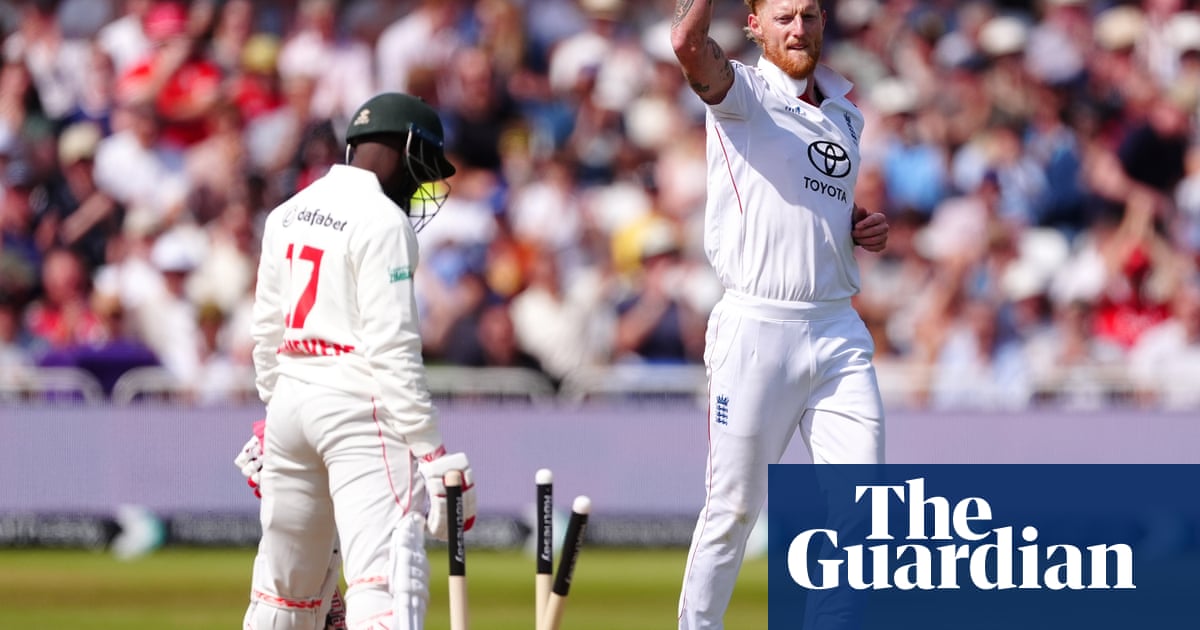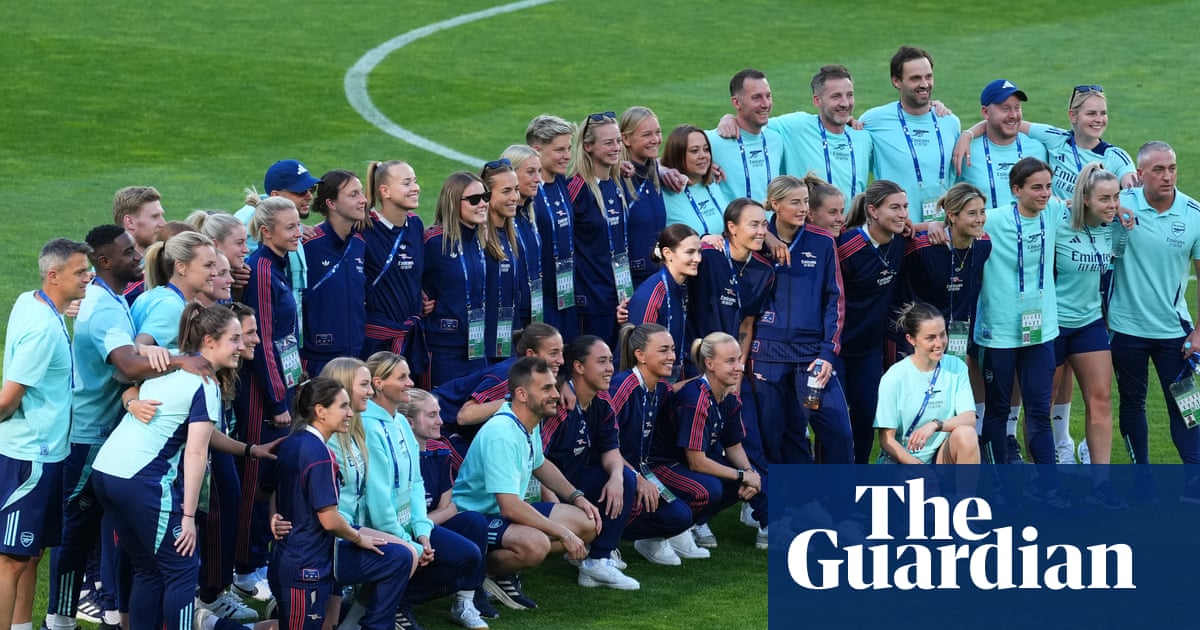To try to get our heads round the fact that we’re somehow a quarter of the way into the 21st century, the Guide is running a miniseries of newsletters looking at how pop culture has changed over the past 25 years. We tackled music last month and we’ll be looking at the state of film next month, before sharing our favourite culture of the century so far, and asking for yours too, in July.
Today, we’re taking the temperature of TV. Like the music industry, television has seen its entire business model upended by the streaming revolution this century. That has meant what was once a universal activity – an entire nation sat around the glow of the old cathode ray tube – has been replaced by people watching a galaxy of different shows, or watching the same show but at completely different times.
Still, the monoculture isn’t entirely dead. A look at the list of each year’s most-watched broadcasts in the UK from TV ratings agency Barb shows that, for all the changes that have come with streaming, tens of millions of us still have an appetite for mass entertainment. That list, based on consolidated ratings (ie viewed within seven days of a show’s broadcast) isn’t a perfect encapsulation of the state of telly: its focus is British, not global; TV’s golden age doesn’t get a look in (shows like The Wire were hardly ratings hits, and for many, were discovered long after they were broadcast); and perhaps most significantly, streaming isn’t fully represented – Netflix, for example, only signed up to Barb in 2022 (though maybe that doesn’t matter: surprisingly, Netflix shows rarely crack Barb’s weekly top 20). But it is the best measure available for getting a sense of what people have watched over the past two and a half decades.
To make sense of it, I spoke to TV journalist Phil Harrison. He’s the author of The Age of Static: How TV Explains Modern Britain, which covers British television from 2000 onwards, so if anyone can explain how TV has changed in that time, it’s him. Here’s the list and what we can learn from it …
The full list
2000 | Coronation Street
2001 | Only Fools and Horses
2002 | Only Fools and Horses
2003 | Coronation Street
2004 | Euro 2004: England v Portugal
2005 | Coronation Street
2006 | World Cup: England v Sweden
2007 | EastEnders
2008 | Wallace & Gromit: A Matter of Loaf and Death
2009 | Britain’s Got Talent final
2010 | The X Factor final
2011 | The Royal Wedding of Prince William and Catherine Middleton
2012 | Olympics Closing Ceremony
2013 | New Year’s Eve Fireworks
2014 | World Cup Final: Germany v Argentina
2015 | The Great British Bake Off final
2016 | The Great British Bake Off
2017 | Blue Planet 2
2018 | World Cup: Croatia v England
2019 | Gavin & Stacey, Christmas special
2020 | Prime Ministerial Statement on Covid-19
2021 | Euro 2020: England v Denmark
2022 | The Funeral Service of Queen Elizabeth II
2023 | The Coronation of King Charles III
2024 | Gavin & Stacey: The Finale
Events, dear boy! Events!
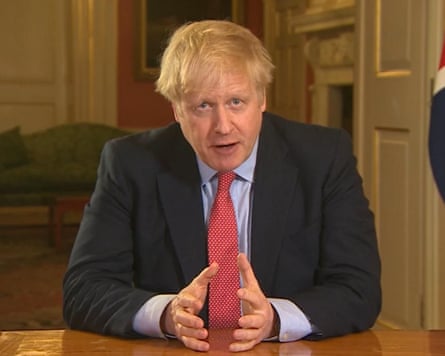
Our list shows that the biggest TV ratings this century have been for major cultural or news events. This might sound completely unsurprising – but it wasn’t always the case.
“In previous decades, you see TV premieres of films and more scripted drama and comedy at the top of these lists, but viewers have become more atomised and niche-occupying,” says Phil. “Various quite popular things have stopped being national events as the amount of choice, channels and platforms has expanded. Apart from a few outliers, communal national TV watching is now basically about live events with assumed national importance.”
This means Covid briefings or royal funerals – or, more cheerily, sporting events or the New Year’s Eve fireworks. “Though why so many people watched that live in 2013, I have no idea,” Phil rightly wonders.
Big Brother’s influence looms large
The emergence of reality TV is another theme on the list, with singing contests and then Bake Off taking the top slots. But the show that perhaps defined the reality boom – Big Brother – is surprisingly absent. Still, says Phil, its fingerprints are all over this list.
“The innovations it spawned have driven TV discourse,” he says. “I think a few shows on here – the eliminative format, ‘ordinary people’ as the stars – can be at least tangentially linked to it. You could tie X Factor to it, Bake Off too. It opened up a space and introduced a broad, adaptable idea that literally dozens of shows have since occupied.”
A case in point: the most watched show of 2025 so far is The Traitors – “another show with plenty of Big Brother’s DNA”, says Phil.
The fat lady is singing for soap operas
As the appetite for reality TV has grown across the 21st century, the popularity of soaps has plummeted. Once dominant in these end-of-year lists, EastEnders and Coronation Street now consider it a strong night if they crack the 5m mark – as EastEnders just about managed for its much-trailed 40th anniversary live episode.
after newsletter promotion
With their endless ongoing storylines soaps are particularly ill-suited to the age of the binge, says Phil: “It’s quite a job keeping on top of them, what with all the other options. And streaming shows have, to an extent, taken their place: so open-ended in narrative terms, so expansive in terms of run time and so impossible to kill – Stranger Things has been running for a decade. They’ve essentially become high-production value soaps.”
But it’s not just the delivery method, says Phil – but the actual drama itself: “I just don’t know if they reflect people’s lives any more. You can’t really see 2025 London in EastEnders. You can’t see 2025 Manchester in Corrie. They’re like living period pieces and for that reason, I just can’t imagine they gain many new, young fans.”
That’s borne out by starkly declining numbers for EastEnders and Coronation Street among 16- to 34-year-olds – though Hollyoaks has bucked the trend with that age group, according to Channel 4, by releasing fewer episodes a week and shaving its runtime down to an attention-span-friendly 20 minutes.
Gavin & Stacey aims for the middle
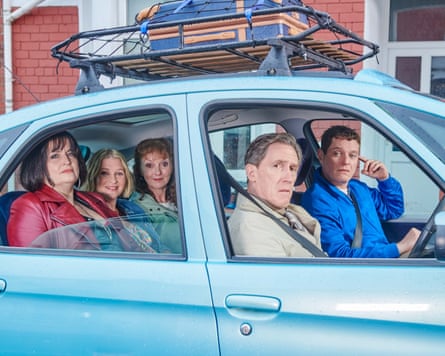
Of course it’s not just soaps: scripted TV is largely absent from our list from the 2010s onwards. There’s one major exception: Gavin & Stacey, which appears twice on this list, with last December’s finale attracting 19.1 million viewers.
How has a cheerful, low-stakes romantic comedy set in south Wales proved so ratings-conqueringly successful? By aiming squarely for the middle, says Phil. “It’s intelligently written without being hard to swallow. It’s knowing and self-conscious but also has incredibly universal themes: romance, the minor irritations and routines of family life, getting older etc. And it’s really fond and respectful of its own characters – there’s no real snark in it, or victims, or perpetual butts of the joke: it started in the late 00s at the time of loads of cringe comedy, stuff that occasionally veered towards cruelty and there’s absolutely none of that.
“Also,” Phil adds, “it’s got a really good cast. Rob Brydon, Alison Steadman and Ruth Jones are all great at what they do – and even James Corden hits his beats among certain people!”
What sums up 21st-century TV?
Which show on the list best explains UK TV in the last 25 years? With Big Brother ineligible, Phil opts for The Great British Bake Off, a show seemingly in sync with the nation’s psyche, from its name onwards: “That title prefix The Great British … is emblematic of the desperate search for a workable national identity that we’ve been embarking on throughout the 21st century.”
It’s also, says Phil, the show that best demonstrates how reality TV – the dominant genre of 2000-2025 – has evolved: “It feels like we tried slightly cruel variations on reality TV early on in the century and then decided we preferred nice, twee ones instead. With bunting.”
If you want to read the complete version of this newsletter please subscribe to receive The Guide in your inbox every Friday

 6 hours ago
3
6 hours ago
3


